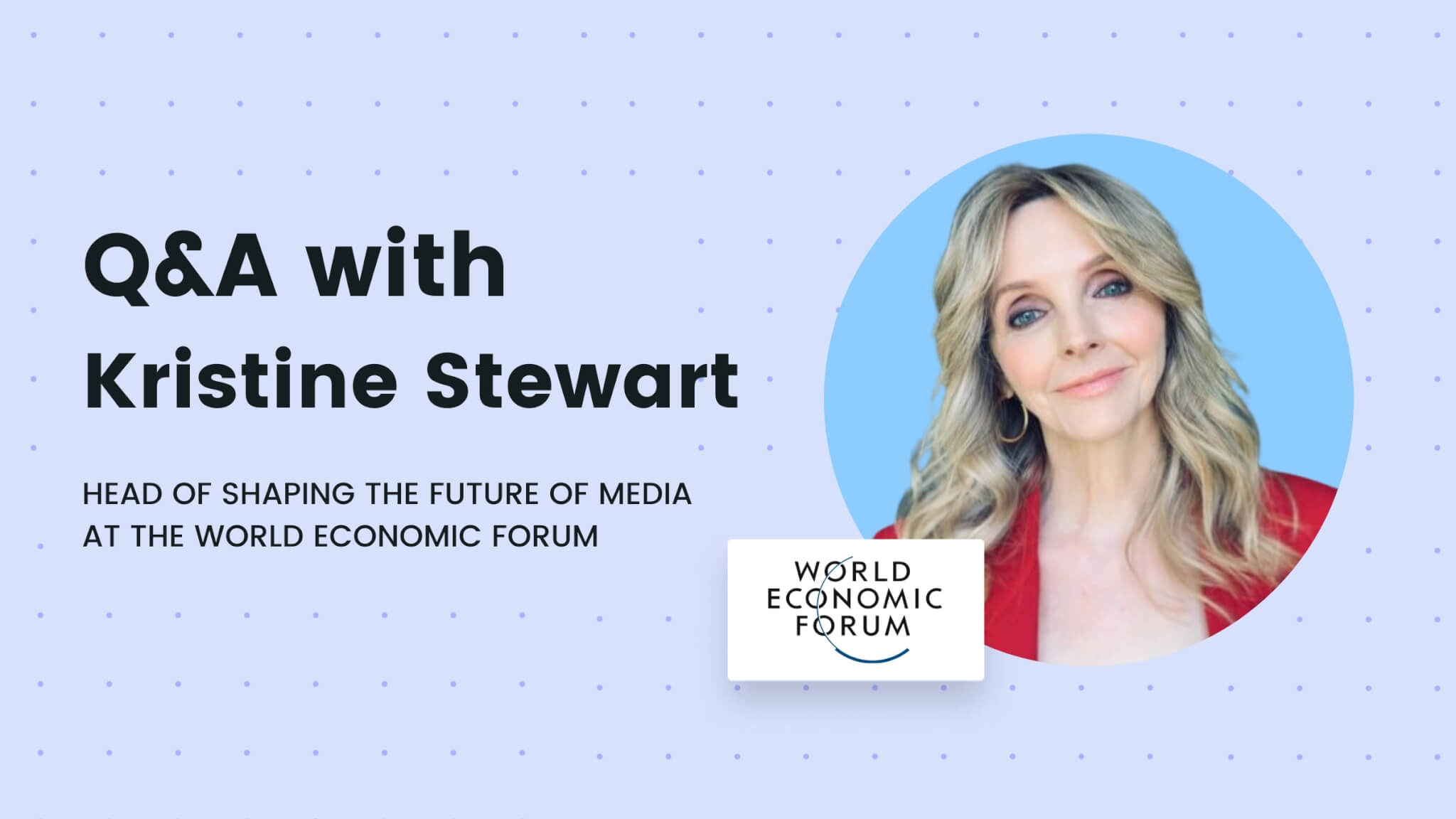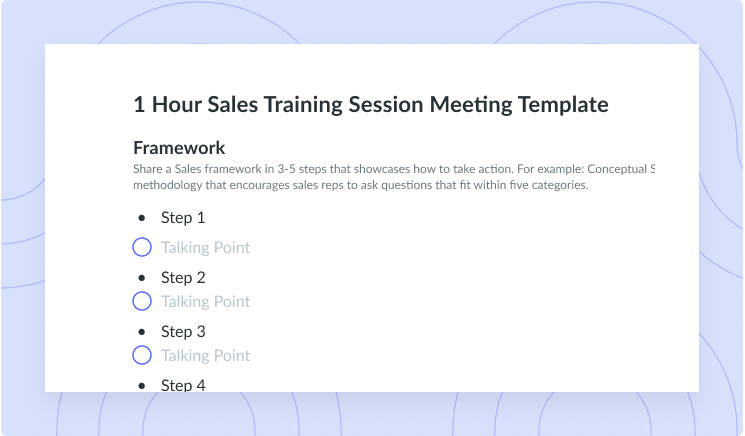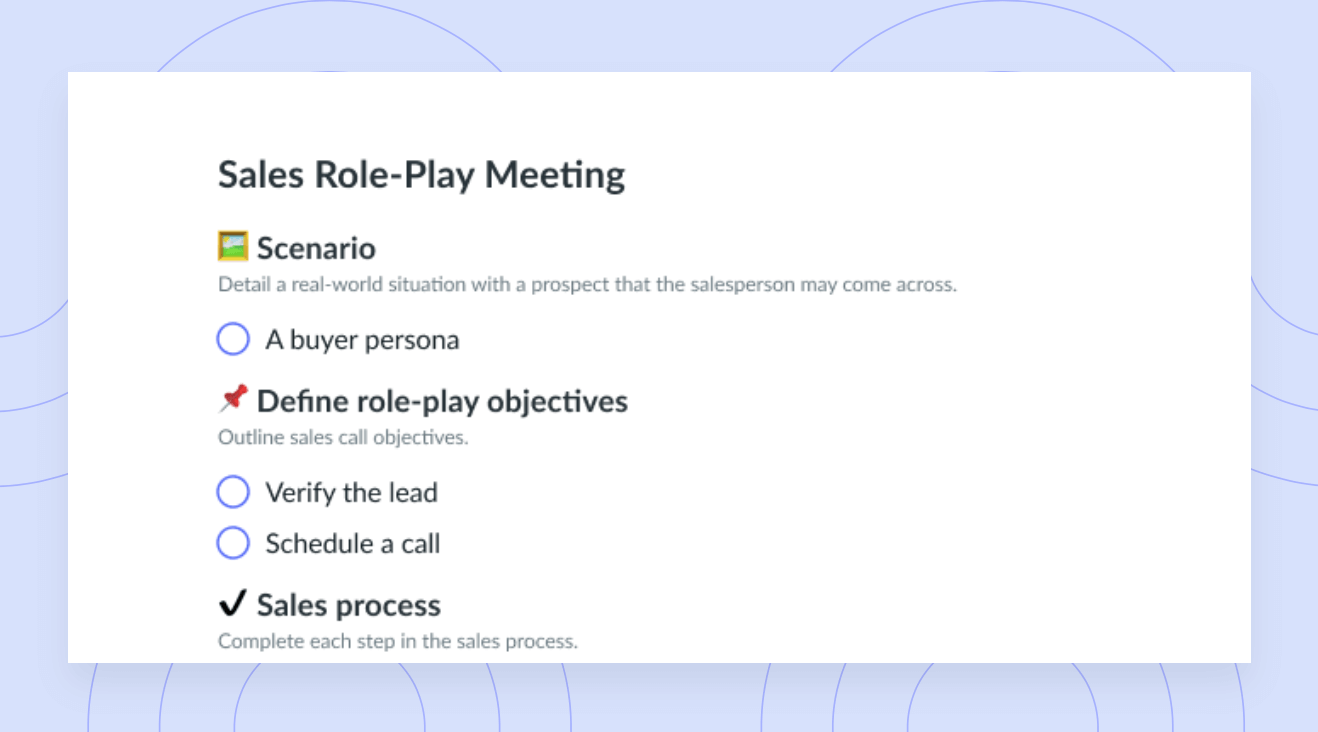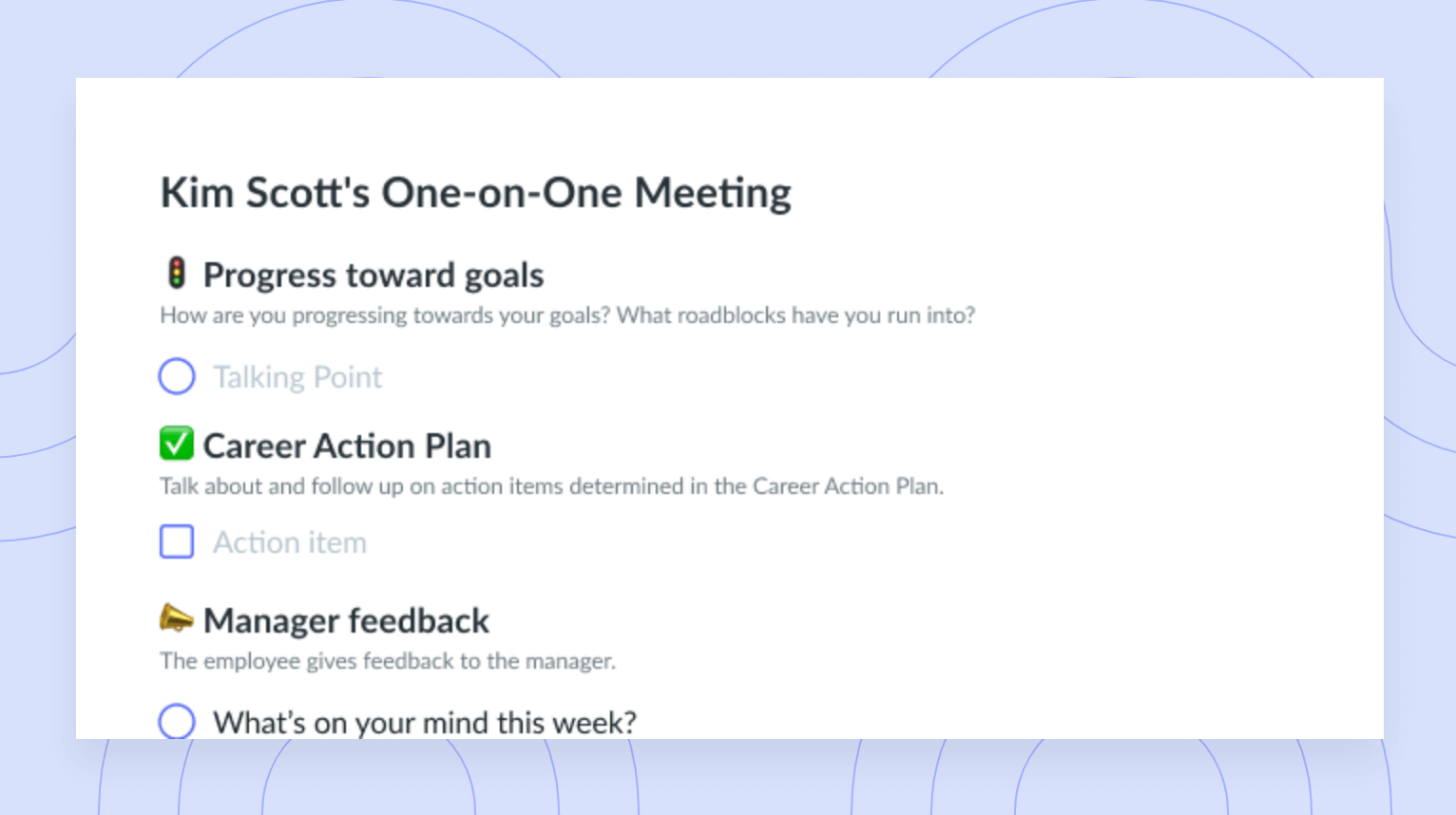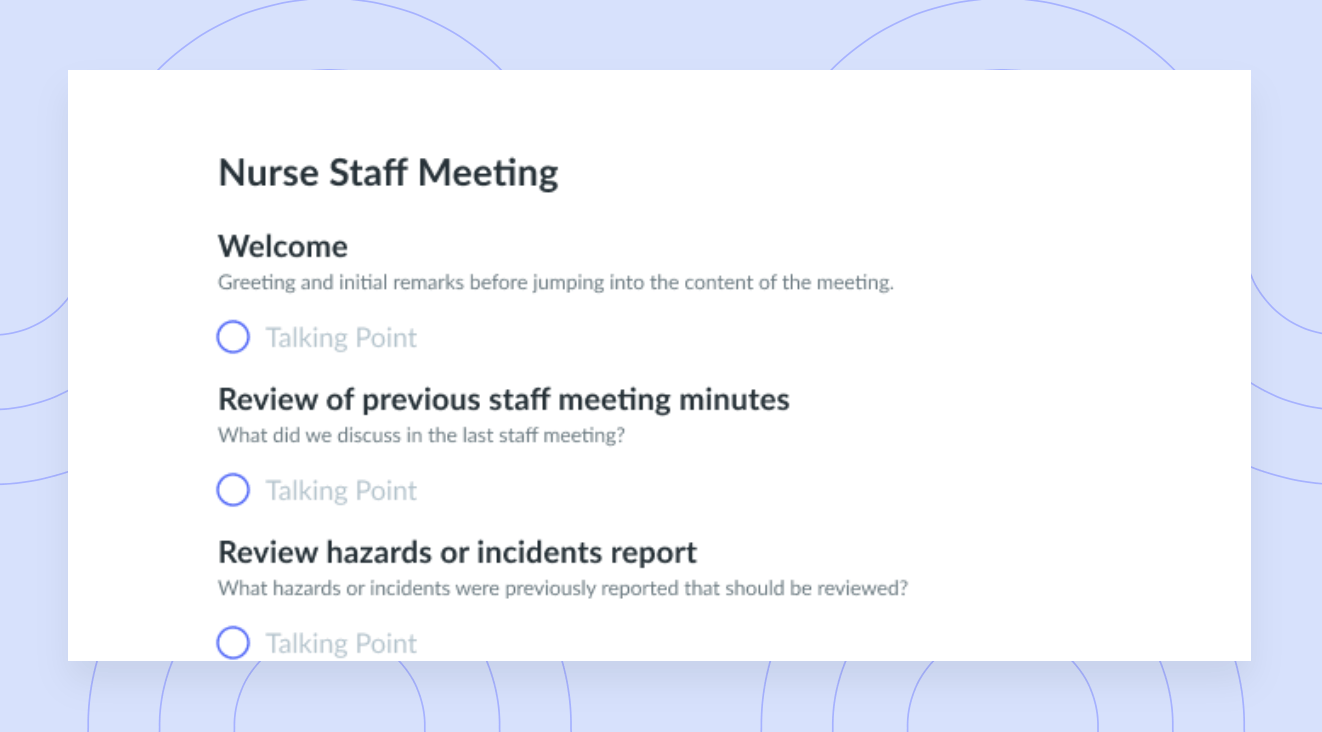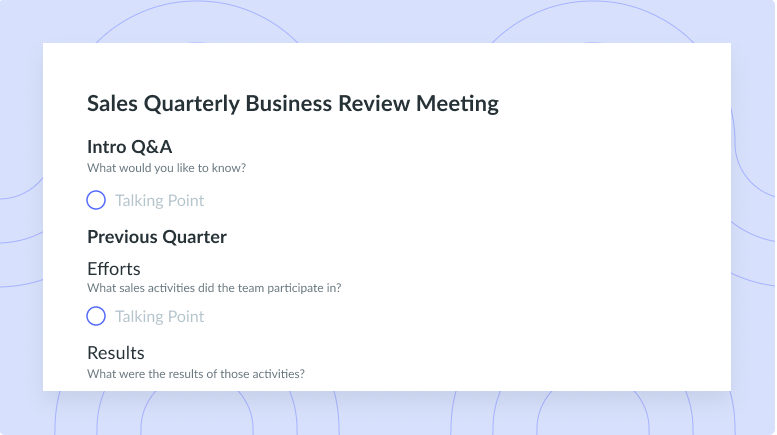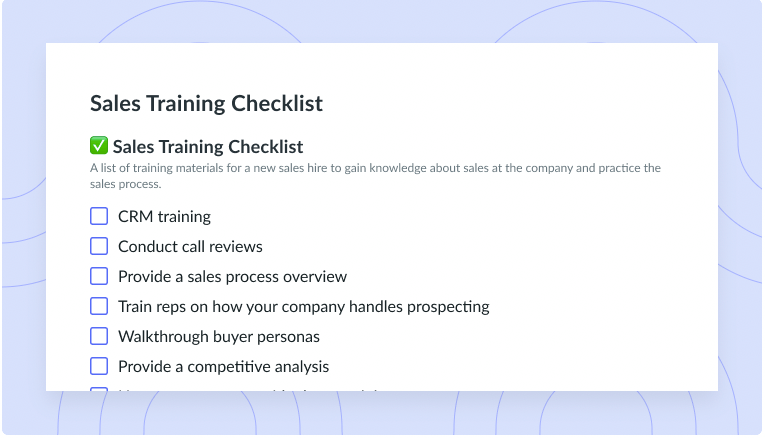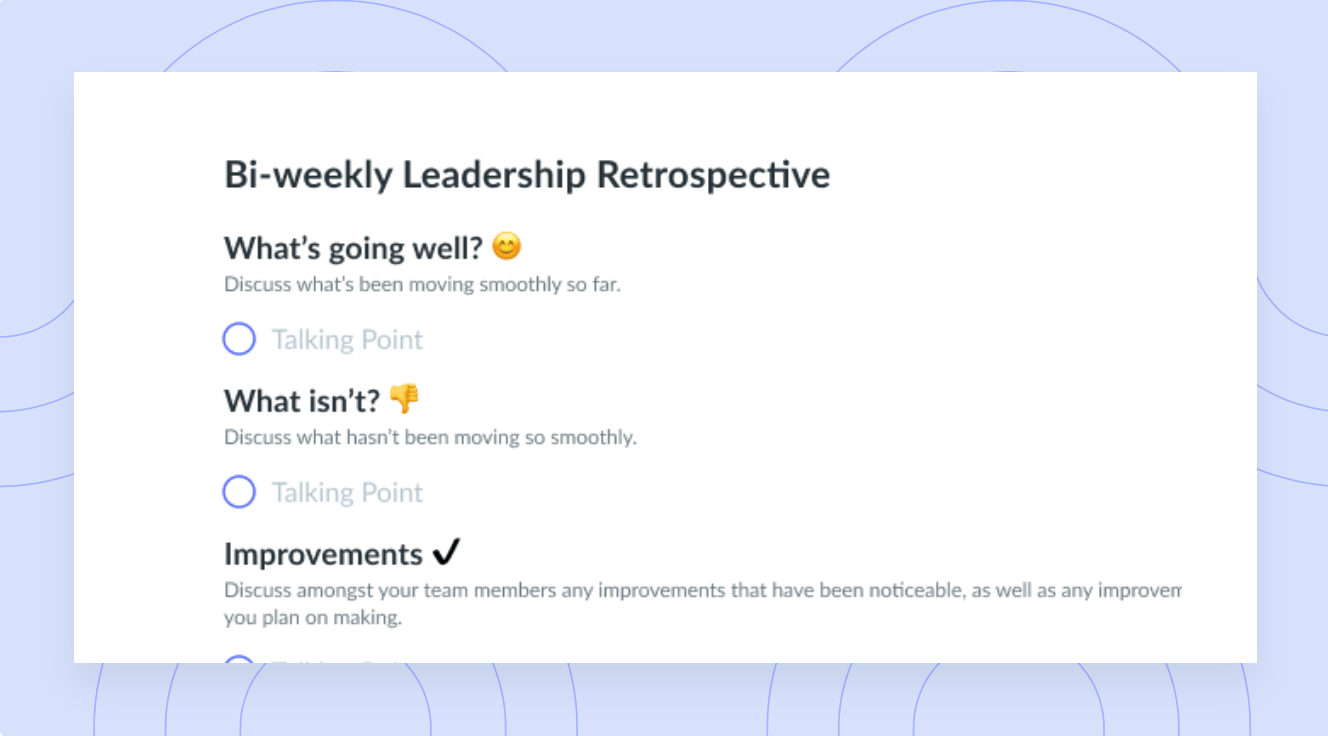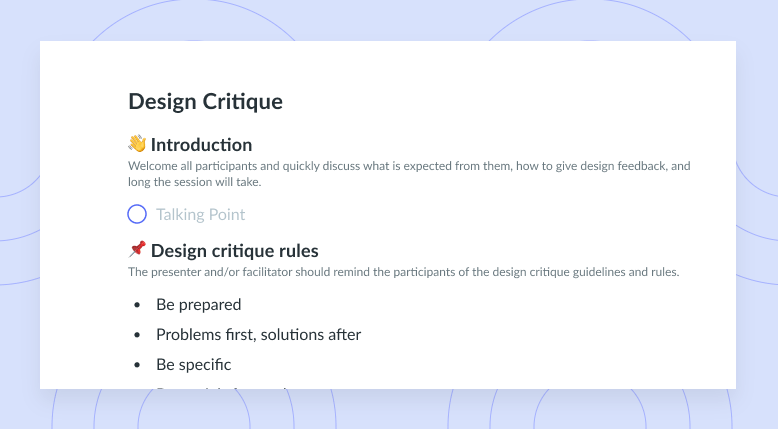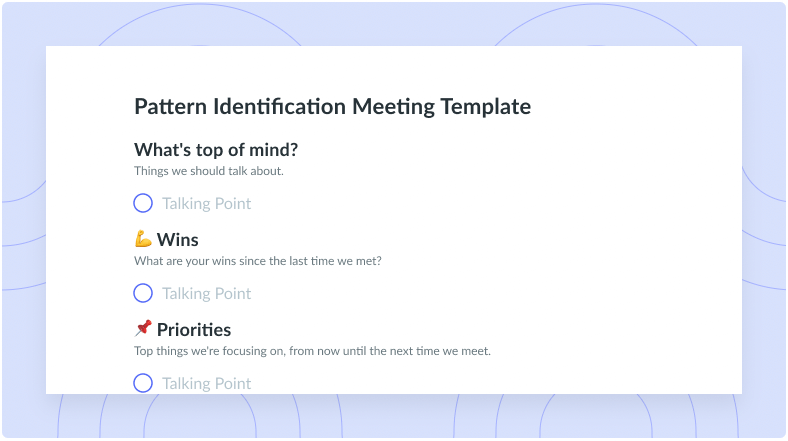Eugene Eric Kim: Setting Specific Goals and Training Your Listening Muscles
Learn to train your listening muscles and recognizing value amongst your peers with Leadership Consultant Eugene Eric Kim.
Eugene Eric Kim is the co-founder of two change consultancies, where he has trained and empowered thousands of leaders from around the world including C-level business leaders, social activists, rocket scientists, and spies! Today, Eugene spends his time training leaders at Faster than 20 through a program called Collaboration Muscles and Mindsets.
Listen to this episode (or read the transcript below) to learn firsthand from Eugene, a leadership expert on the importance of goal setting and flexing your listening muscles.
1 What is recess in the world of remote work?
Honestly, it started off because a friend of mine has been sort of transitioning into becoming a full-time artist. They are an amazing artist and I’ve been wanting to hang out with them more and I got really tired of just talking to people while catching up so we decided to make some art while we caught up and in the process, we were discussing the notion of play and recess and how when you’re in school, you have a designated time that is just for play and much of our lives now revolve around work and its strictly go go go and we’re expected to find out own time to play so we decided to build a recess into our calendars every two weeks where we catch up and work on art and our relationship.
2 What tools would you recommend people use if they are looking to experiment with this concept?
I have a set of watercolors that I’ve been playing around with for about three years, and I pretty much have that and some paper. My friend Young is much more creative. She’ll do things like take a paper bag and throw paint all over the place. You don’t need anything special. There’s nothing visual about it other than the fact that we’re both on camera.
3 Who has been your most favorite boss, or leader that you’ve reported to?
I’ve only had one official boss post-college. His name was John Erickson, he was my boss while I worked at a technical publication right out of college. I worked there for three years before venturing off on my own and he was just incredible. He guided me in so many ways and there are so many practices that I have today that I learned directly from him. He cared about us as people and he was really clear about that upfront, he saw us as whole human beings.
4 When did you first start leading a team and what were some of the mistakes that you may have made early on?
I was really lucky because I was leading teams back when I was in school as early as junior high school but really, more formally when I was in high school and I was a terrible leader and if you’re going to be bad at leadership, you should be bad in high school, when it doesn’t impact people’s lives as much and when you can make mistakes and get feedback to practice and grow. I was very ‘performance driven’ in my head. When I was a kid, I was a tyrant, and I didn’t know how to give and receive feedback well, and so I was pretty bad, to be honest and I had a couple of situations where people rebelled and I’m so fortunate in so many ways that people rebelled and gave me clear feedback because it’s what I needed to grow and learn.
5 How did you realize that you needed to change things up?
I think part of it is actually having a vision for yourself. I knew I wanted to be a good leader, and the feedback helped me understand my blind spots. When you’re just starting out, you’re not starting off with any skills and it’s important for you to build on your strengths. But at the same time, there are so many things you don’t know, you definitely never really know the impact that you have on other people, especially when you’re in a position of power so if you care about being a good leader, you have to have the humility and you have to create a space where you can gain honest feedback.
6 What is the difference between applying a practice orientation to collaboration, instead of a knowledge centric approach?
There’s this funny thing I find when I ask this question of folks, I usually ask like do you play an instrument, do you play a sport, those are the easiest things, but it applies to so many other things in our lives, whether it’s cooking, whether it’s knitting, whatever your hobby is. Most of us have some experience or something that we do, where we all understand that if we want to be good at it, or just add a certain threshold, we just do it every day, right or every other day once a week, right? If you were to advise me on how to be a better runner, you probably wouldn’t tell me to go to a one-week training session to learn how to run. So go out and run and start a little bit and then and then build it up. And I found that the same trap that we all have this experience around the importance of practice in so many aspects of our lives. And yet, when we talk about the elements that make up healthy collaboration, especially in the workplace, our orientation around how we get better is let’s go do a three-day training. What are the books that you have that are going to be teaching you how to be a better manager, or how to lead a better team or how to be better at collaboration? And it’s not that those things are valueless but they aren’t going to help you if you don’t have the opportunities to actually practice.
7 What can we do to become better listeners?
The most basic and fundamental workout that I have, and that I incorporate in any kind of training that I do with groups is the one-minute drill. The baseline is starting with one person or even a group and starting out with one question. It could be as simple as asking someone what they had for breakfast today and then one person assumes the listener role and the other person assumes the speaker role and the speaker just answers the question for the entire minute and then the listen gets an entire minute where they get to reflect on what they heard from the speaker and the listener gets immediate feedback. And then you constantly work on it until you improve and receive a perfect score as the listener.
8 What tips, resources, or words of wisdom would you leave with managers or leaders that are looking to get better at their craft?
If you want to get better at collaboration or management or leadership, go beyond your peers and the people you associate with and identify someone that you think is a great manager or leader and talk to them. Ask them what makes a good leader or what makes them a good manager and learn as much as you can from them. People have so much wisdom that we never tap into because we put people in boxes. Go to your friends, go to your peers, or go to someone that you wouldn’t normally approach and ask them questions and see what insights you can gain from it.

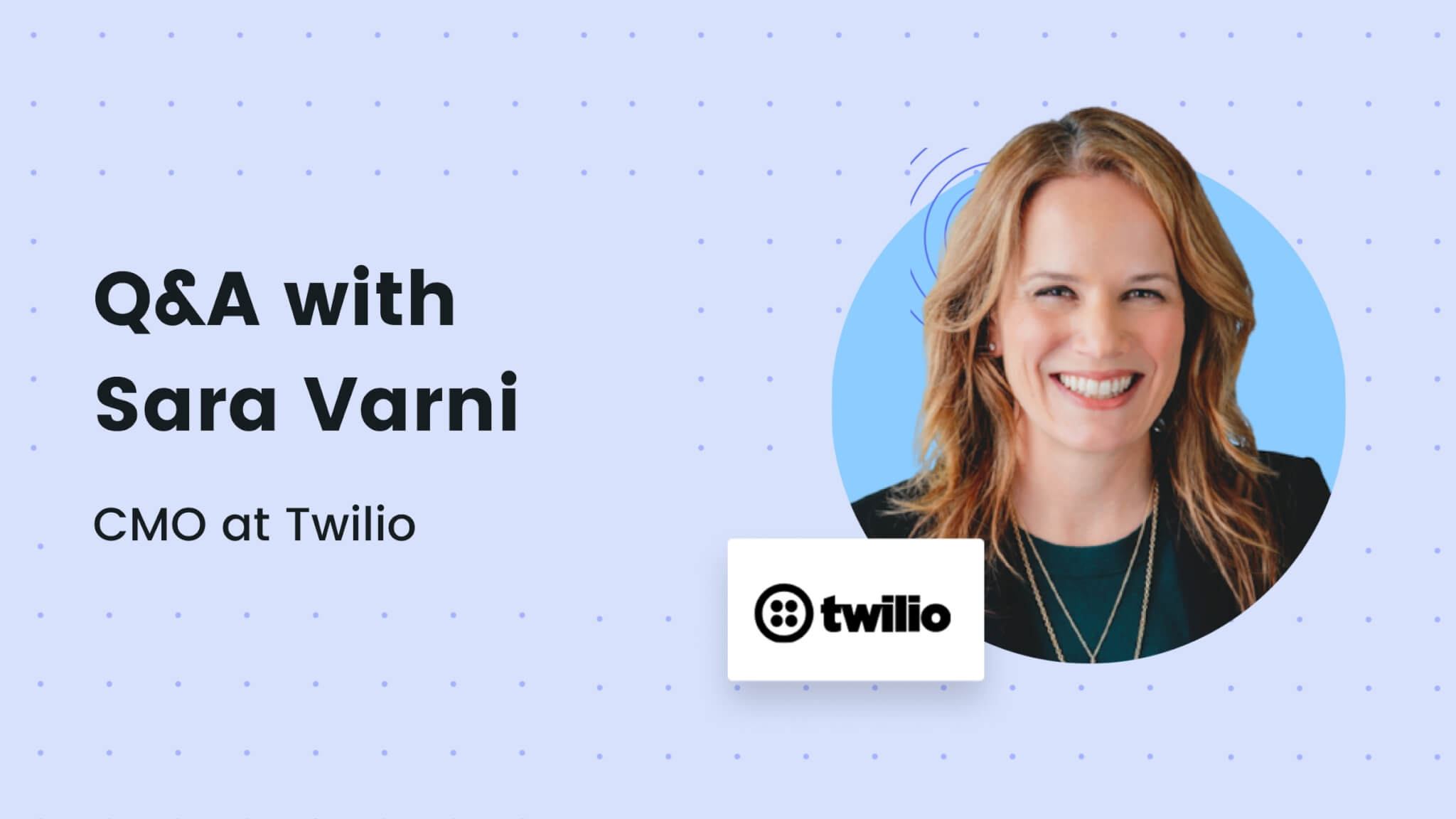
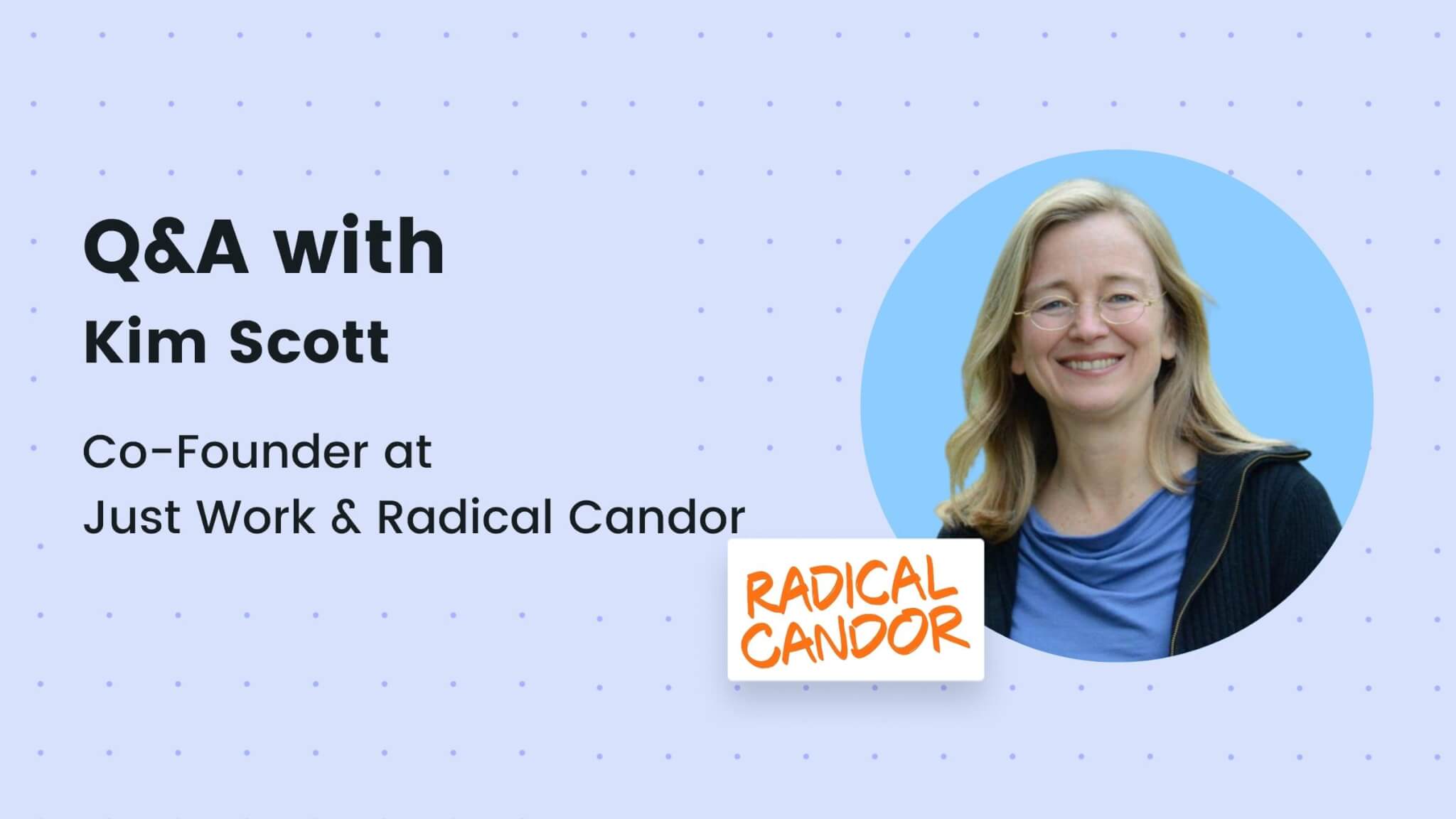
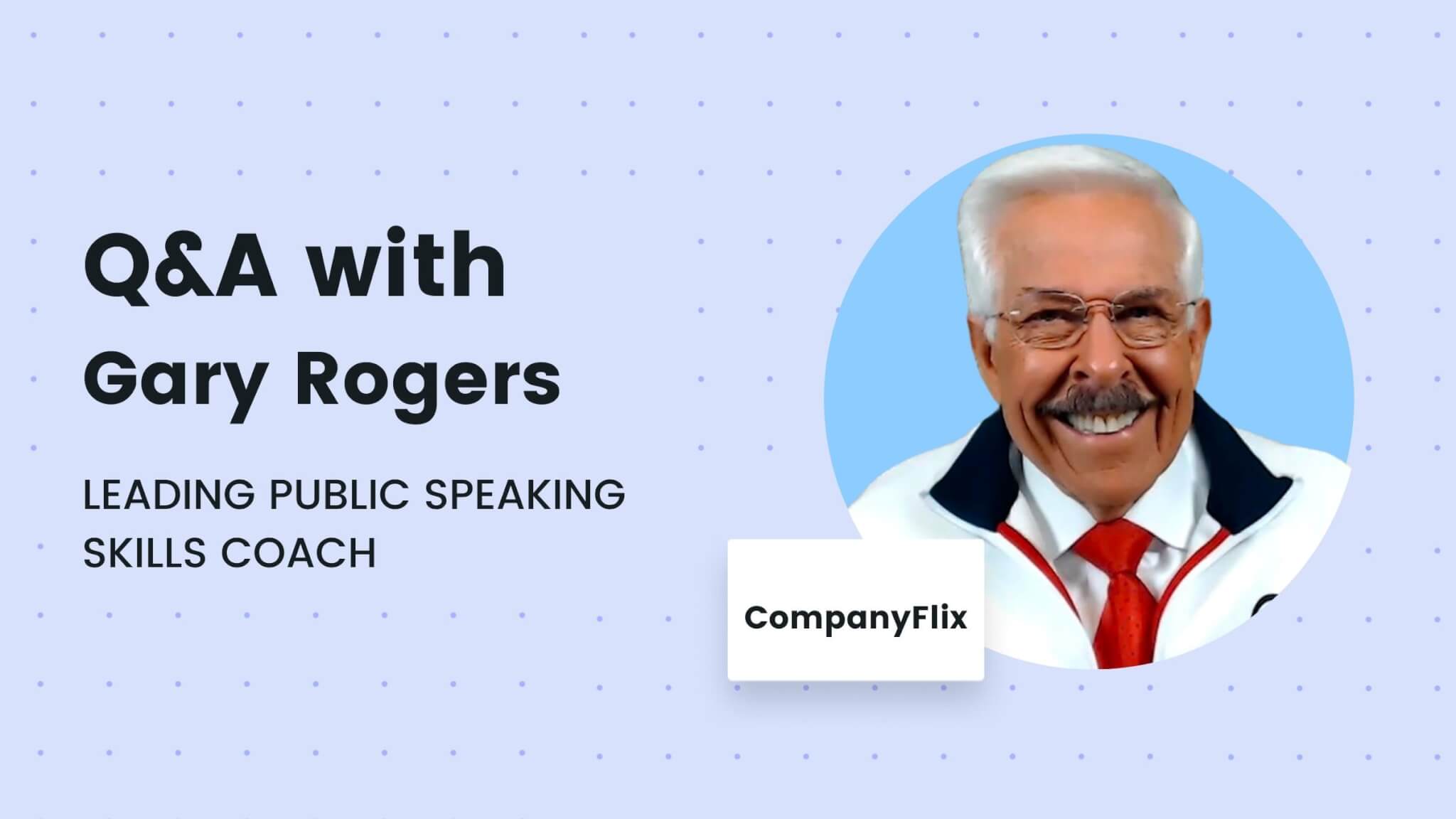
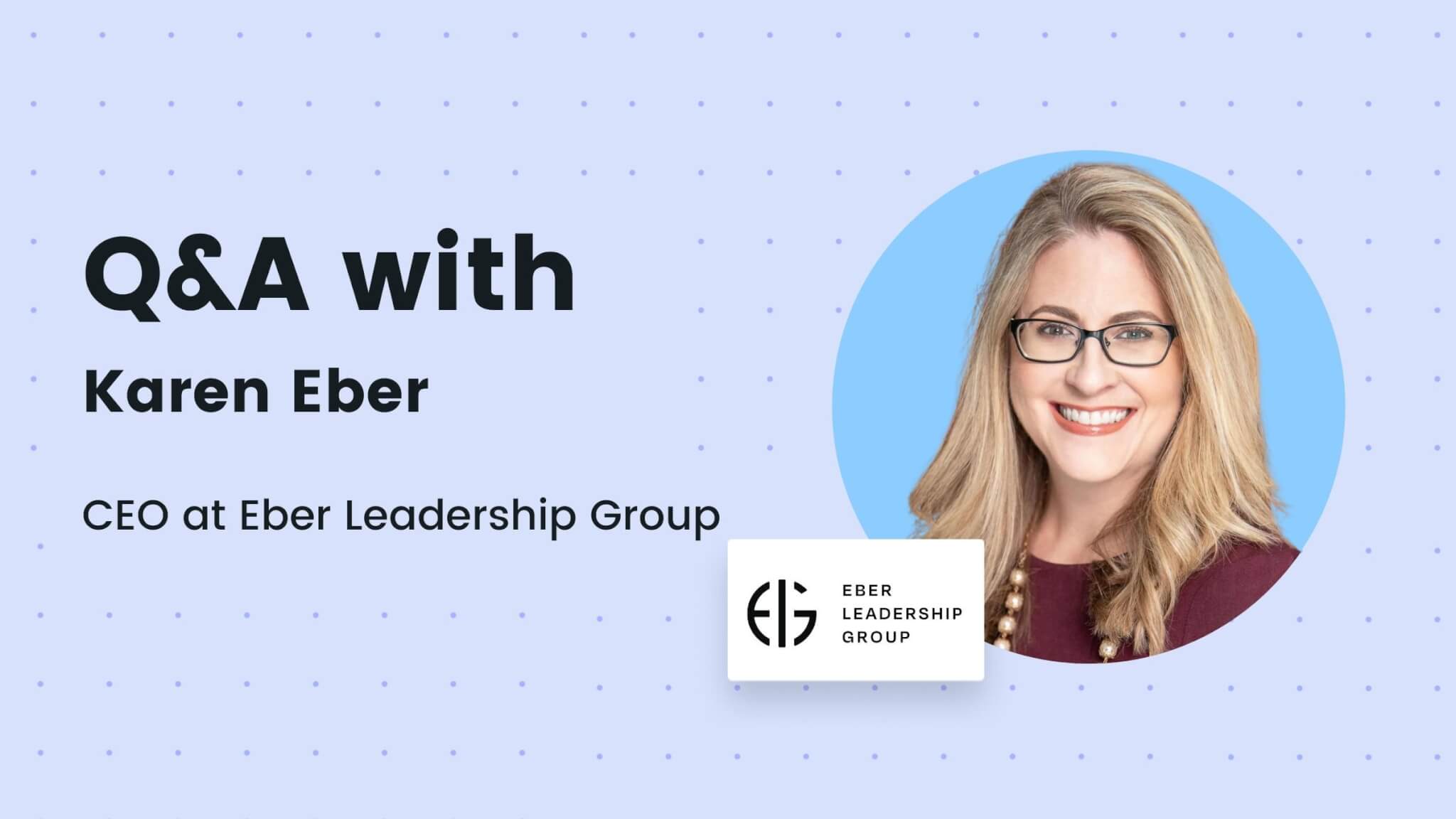

![How to Conduct a Successful Listening Tour [+ Example Questions]](https://fellow.app/wp-content/uploads/2022/03/listening-tour.jpg)

